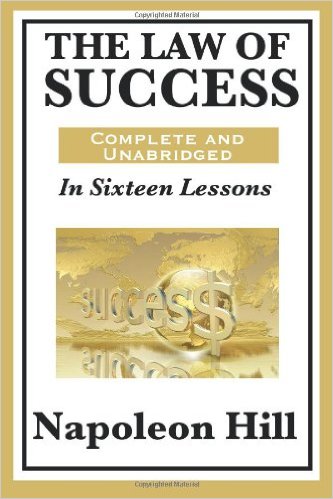Below are some of my learning points from the book “Multipliers: How the best leaders make everyone smarter” by Lize Wiseman.
In the book Wiseman introduces 2 types of leaders: Multipliers and Diminishers. As the names suggest, Multipliers are leaders who can “multiply” the smartness of the organization they manage, while Diminishers do the reverse.
Continue reading Lessons from “Multipliers” – How the best leaders make everyone smarter




